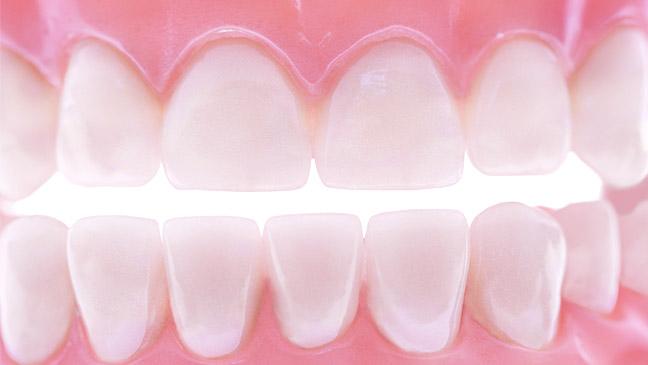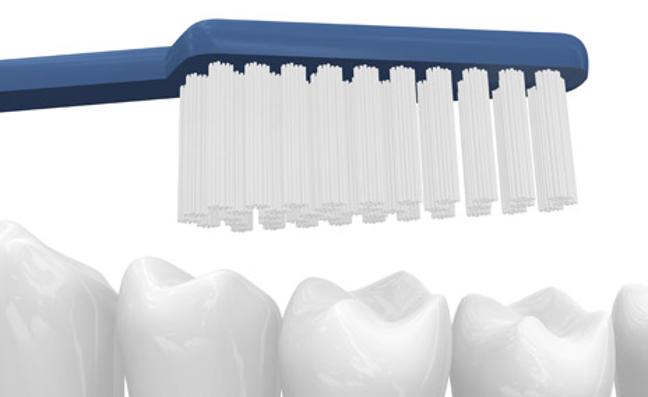According to Colgate’s Cavity Report, published this week, 48% of UK adults admit to not brushing their teeth before they go to bed, 53% don’t know what causes tooth decay, and 59% don’t know cavities are preventable.
Figures like this are nothing new. We Brits have long had a reputation for having less than perfect pearly whites.
A previous report by Oral-B found less than 50% of Brits have been shown how to brush their teeth properly, while the 2009 Adult Dental Health Survey revealed only 58% had made an NHS dental appointment within the previous three years.
So perhaps we all need filling in on dental dos and don’ts…
1. Never skip a clean
We all know we’re meant to brush twice a day, morning and night, but it’s easy to forget - or skip - brushing at bedtime, thinking you can make up for it with an extra vigorous clean in the morning. Big mistake.
Brushing isn’t just about getting that squeaky clean feeling, it’s crucial for removing – invisible – bacteria constantly multiplying in our mouths. Leaving it for 24 hours means bacteria will be getting below the gum line, causing damage.
2. All in the technique
It might seem like a good and sensible idea, but brushing too hard can contribute to receding gums and worn-down enamel, both a factor in cavities and tooth sensitivity.
The correct way to brush is using small circular movements, covering the whole of the tooth surface and along the gum line.
But, importantly it should be done gently and slowly, two minutes a time. It’s worth asking your dentist or hygienist to go over your technique with you.
3. Floss tactics
It may seem tricky and time-consuming at first, but flossing goes a very long way towards keeping gums healthy. In the long run, for most of us, often it’s gum disease which causes most problems, not cavities.
After all, a filling is one thing, but once gum disease reaches severe stages, the only outcome is tooth loss. The good news is, it’s preventable and treatable in the early stages. If you floss…
4. Prevention is better than cure
You may think you’re teeth ‘look ok’ when you grin in the mirror, but to tell what’s really going on you need to see your dentist, who can offer X-rays for what’s going on below the gum line and inside teeth.
So don’t wait until you’re in severe pain to make an appointment; having regular check-ups, at least once or twice a year, means problems will be picked up sooner rather than later.
5. Patience, patience
Cleaning your teeth after a meal is tempting. But, while you may think you’re doing the right thing, it can actually be damaging to brush too soon after eating – especially if you’ve just eaten something sugary or acidic because you’re just rubbing the acid/sugar in, weakening tooth enamel.
6. Drink aware
There was a time when dentists were forever warning us against eating sweets. Now, it’s drinks.
Because we all know sugar-laden soft drinks wreak havoc with teeth, but sugar-free diet fizzy drinks are equally bad, as are sports and energy drinks, fruit juices and even fruit cordials.
So limit your intake of these, and if you must drink them, use a straw (providing you position it so the liquid doesn’t wash over your teeth) and alternate with water.
7. Hydrate
Water is doubly important for dental health. Not only does it help ‘wash’ teeth, but staying well hydrated helps us produce saliva, which plays a very crucial role in keeping teeth protected and bacteria at bay.
Source:



No comments:
Post a Comment